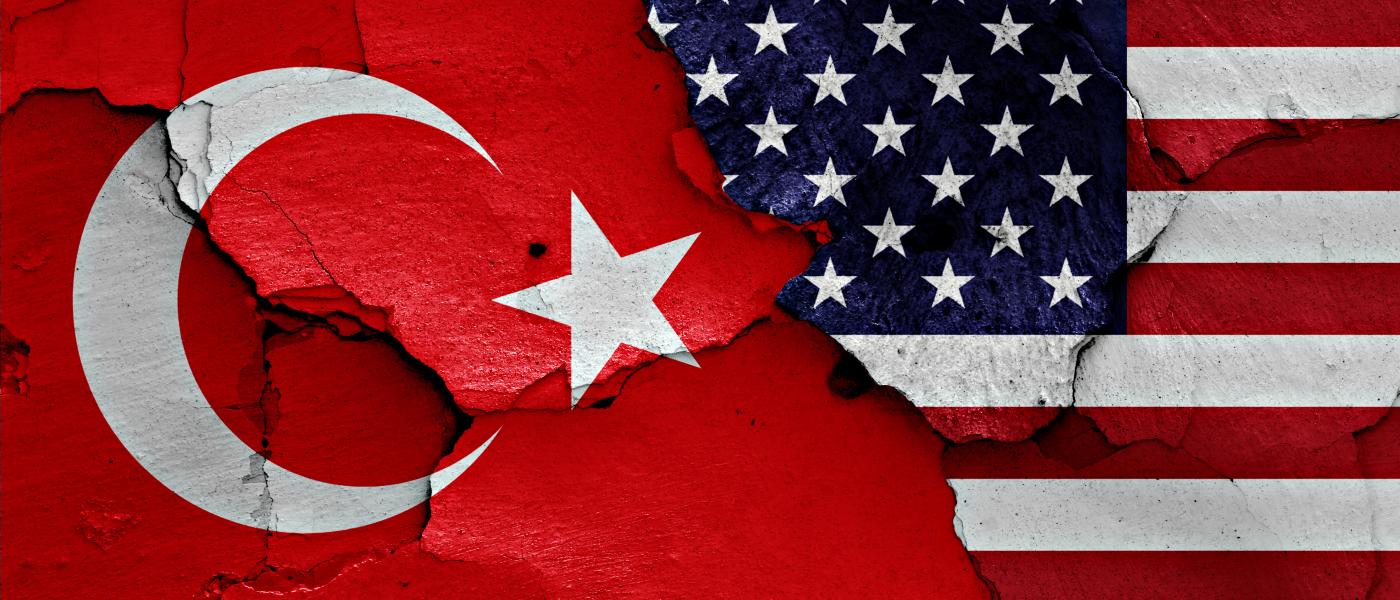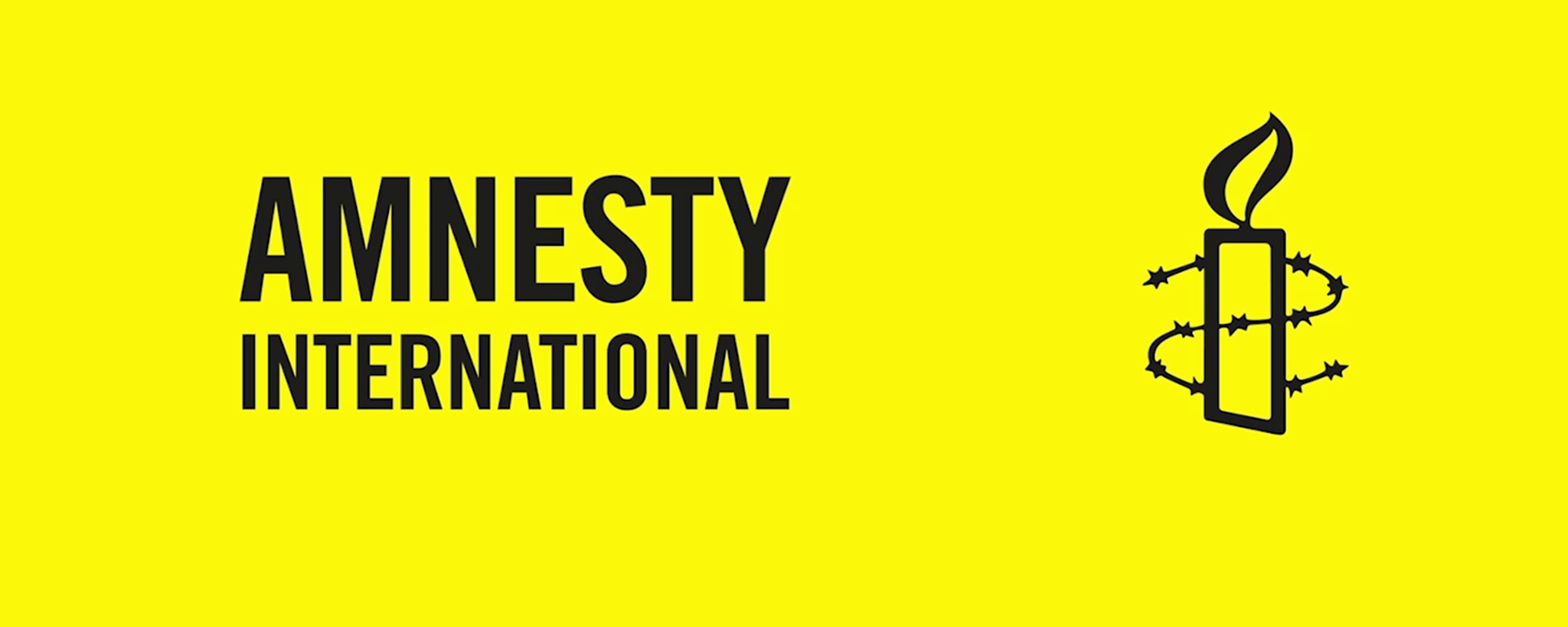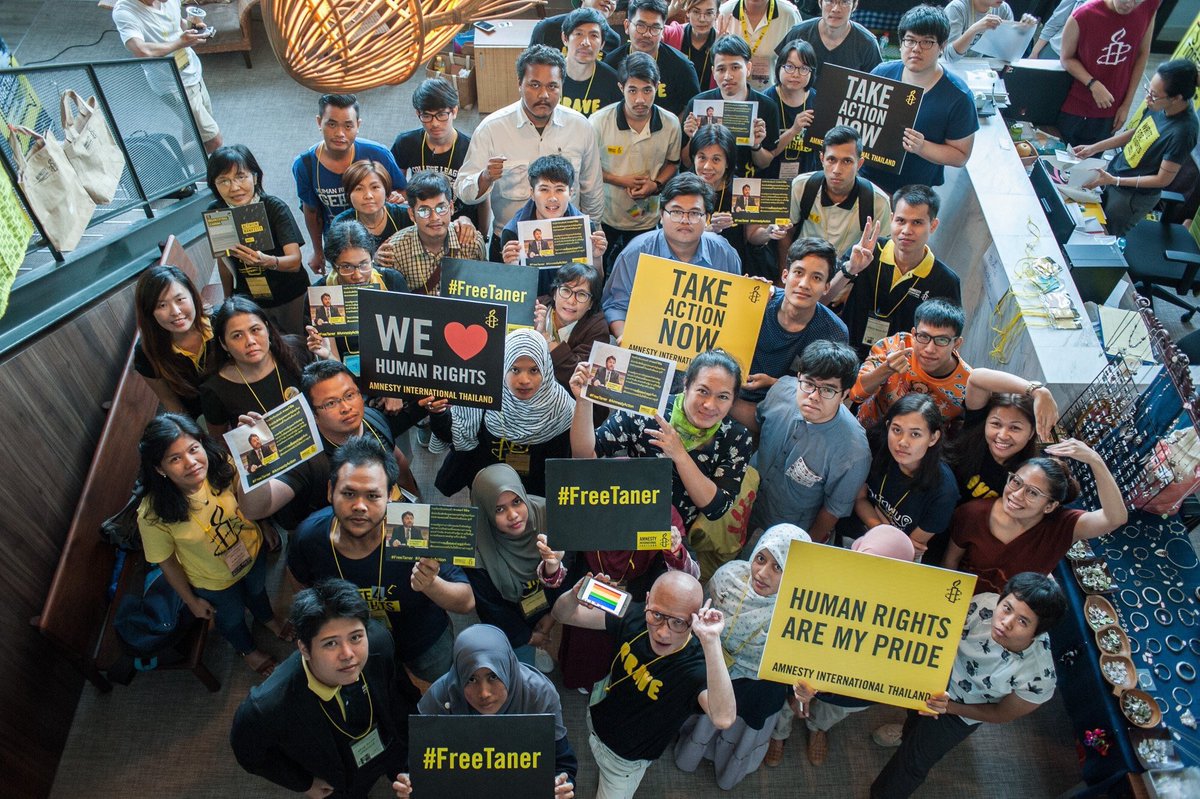[authorbox authorid=”29″ ]
[dropcap size=big]T[/dropcap]here are two main conclusions from the pastor’s case and the US-Turkey relations. The first is that the Brunson case, despite reaching the front pages of American newspapers, was never at the core of the US-Turkish relations.
At best, this might be a repetition of the Deniz Yücel approach and Turkey-Germany relations. The Brunson case was more a publicity stunt for both leaders and was used for internal purposes.
President Erdoğan persisted in a futile attempt to get something in exchange for the release of the pastor, focusing in an ambitious exchange with Fetullah Gülen and in the process he got trapped in between mounting US pressure and the Turkish public opinion, especially the conservative and the nationalist anti-American segments of his voters.
President Trump, on the other hand, used the economic sanctions in the form of doubling tariffs on imported Turkish steel and aluminium, to pressure Ankara for the release of Andrew Brunson; a form of diplomatic pressure he has not used against Turkey for the real political problems in their relations.
He even threatened to impose further sanctions if the pastor was not released, which was probably one of the main reasons Erdoğan changed his mind. Donald Trump has enjoyed the support of the evangelical Christians and his appeal to them has grown further in parallel to his pressure on Turkey over Brunson.
The American president has been leveraging Brunson’s religious identity in his speeches and press statements, targeting on the evangelical sentiments towards Brunson and he has even used a religious persecution rhetoric when referring to the American pastor’s arrest, a subject very sensitive within the evangelical Christians.
The second conclusion is that regardless of Trump’s pressure on Turkey towards a positive outcome for pastor Brunson, the real issues between Turkey and the US are still there and they are the ones that will determine the course of their relations and not the pastor’s case.
The presence of Fethullah Gülen in the US and Washington’s emphatic refusal to Ankara’s numerous requests for his extradition, the ‘hostage diplomacy’ towards western citizens on Turkish soil -especially Americans-, the witch hunt against opposing voices in the aftermath of the failed coup attempt in July 2016 and the democratic deficit that is constantly growing, Turkey’s wide economic relations with Russia and the S-400 agreement, Ankara’s economic relations to Iran, the US-YPG alliance and, finally the developments in Syria, are the real pressing matters.
Relations to Russia and Iran are currently at the centre of attention, on the one hand because of the developments regarding the Idlib province and on the other due to the US sanctions towards Iran coming into force by 5 November.
Iran is Ankara’s energy partner, second only to Russia, and Turkey could face US sanctions for this after the 5th of November.
Turkey is also under pressure with the so called “strategic” aspect of its relation to Russia, as the Syria war is coming to an end and Assad -with Moscow’s support- is bound to take control of the Idlib province, against Turkey’s wishes.
Ankara is at a crossroads over its relations to its NATO ally and to its major trade and economic partner.
For two years, president Erdoğan has been balancing between Russia and USA, on the one hand giving Moscow leverage over a NATO member, on the other gambling on Turkey’s geostrategic value for Washington.
This approach proved costly for Turkey’s economy when US sanctions came into force in August 2018 and aggravated the already grim picture of the Turkish lira.
President Trump warned for further measures against the Turkish economy if pastor Brunson was not immediately released and that was enough for Erdoğan to yield, but this should be viewed in the broad aspect of US-Turkish relations.
The Syria war coming to an end in a negative outcome for Ankara’s interests, since Assad remains in power and the Kurds are in control of the east of the Euphrates, Turkey’s serious economic trouble and the mounting US pressure on Iran, mean that Turkey will need its NATO ally and it will have to converge to Washington or result to an elusive strategic alliance with Moscow that never was.
- Regional dynamics, the failure of the Sochi Agreement and Turkey’s role in the brewing crisis in northwest Syria - 21/05/2019
- Elections in March, Hydrocarbons in Cyprus and Erdoğan’s Nationalist Footsteps - 04/12/2018
- Andrew Brunson’s release and US-Turkish relations: a tale of two stories - 23/10/2018



